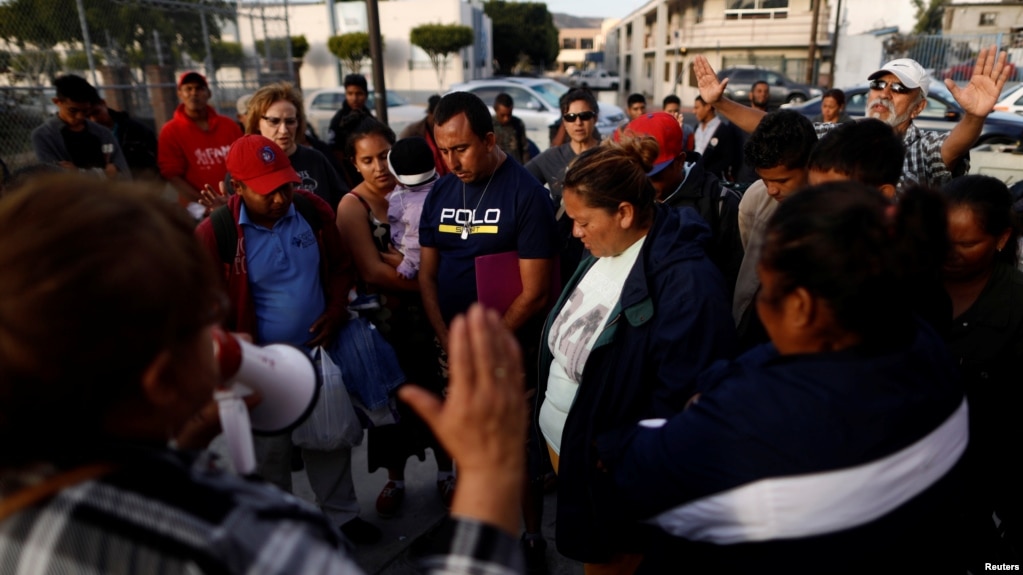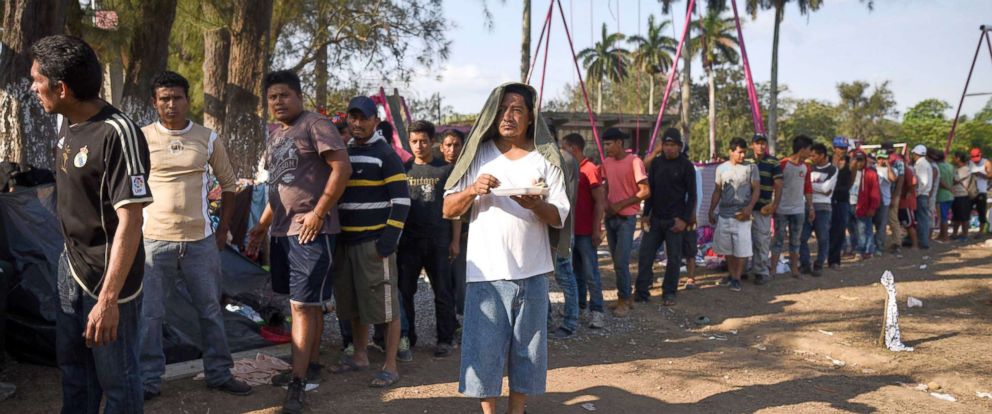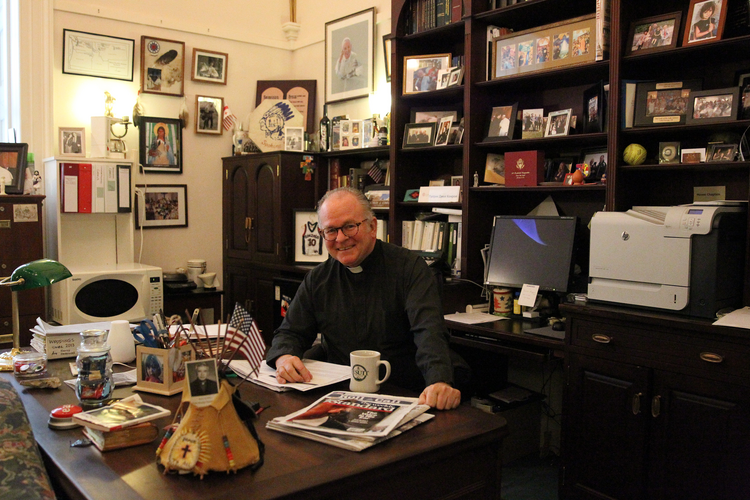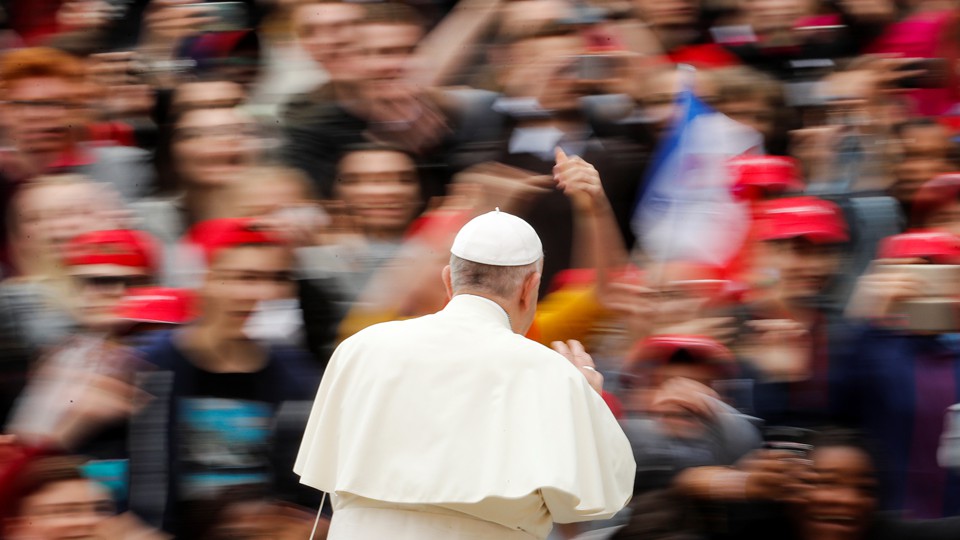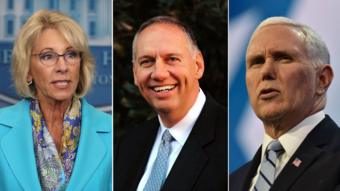10:30 AM
 Dan Puterbaugh
Dan Puterbaugh
Commentary
The US is lagging behind the digital ID leaders.
As our real lives and online lives become increasingly intertwined, the old ways of authenticating identity are failing us. An alarming trend of identity theft with government transactions has been gaining steam in recent years; tax fraud jumped as much
50% in one year, for example. Aiming to streamline government services and improve security, many countries are taking steps to implement digital identities. India, Japan, and the EU are all at the forefront of these efforts, but cultural differences might be standing in the way of the US catching up. Let's take a closer look at the progress these countries have made.
Identity in India
India's relatively new Aadhaar program verifies each citizen's identity with a unique random number, only recording demographic and basic biometric data. Aadhaar is meant to support public sector delivery reforms and help manage fiscal budgets, as well as increase access to government services, particularly for the underprivileged. Technically, Aadhaar is optional, but recent laws have made
possession of an Aadhaar number a requirement to open a bank account and make large transactions. India has a population of 1.311 billion, and no other government has yet rolled out a digital identity program on the scale of Aadhaar.
Centralizing Services in Japan
My Number, Japan's digital identity program, automatically assigns citizens a number whether they want one or not. The number is necessary to get public healthcare and other benefits, and employers are required to collect workers' numbers.
While India's Aadhaar does not record income and other personal information, the goal of My Number is to "
ascertain people's income more accurately, leaving no room for wrongdoing such as tax evasion and illicit receipt of social benefits." Whether medical information will be tied to My Number IDs is, according to the Cabinet Office, "
under review."
With My Number, government agencies can quickly share information about individuals without having to reach out to multiple sources, which comes across as more intrusive than Aadhaar's stated purpose of providing citizens with convenience and supporting the disenfranchised. However, the My Number website does claim the program promotes a "fairer and more just society" and enables government to provide "fine-tuned assistance to those who really need it." The departure from the old decentralized ID system still promises to make life simpler for citizens.
Estonia Leads the EU
Estonia's national ID program is considered by some to be the most comprehensive in the world. A mandatory chip card is embedded with files that are encrypted with a 2,048-bit public key, allowing the cards to serve as definitive proofs of identity online. The card gives online access to government and private services like healthcare and banking and can even be used to pay for public transportation and vote in elections. You don't have to be a citizen to receive an identity card, either, which helps encourage foreigners to bring business to Estonia.
While Estonia has taken the concept of digital identity further than any other country, the conditions are unique: it's a small nation with only 1.3 million residents and a highly homogeneous population. Further, Estonia rebuilt its infrastructure from the ground up after regaining independence in 1991 and has since been a technology leader in the EU.
In addition, Estonia has proven to be an ideal laboratory for both the benefits and potential pitfalls of digital IDs. In 2017, it found that the most recent update of its ID cards presented serious security vulnerabilities. And although no identities were apparently stolen, the incident emphasized that when one relies so completely on digital IDs, security needs to be bulletproof.
The Skeptical States
Founded on the very basis of a freer government, the notion of a national verification system in the US goes against our moral fabric. Then again, our culture today prizes convenience.
We've already seen that people are willing to trade their privacy for free email addresses and data storage, without considering what the provider gains from giving away a service that is costly to operate. While convenience often trumps hidden costs for Americans, the leap from free email in exchange for browsing history to federal ID associated with real-life activities may be too broad. When federal ID cards have been suggested in recent years, the outcry around federal intrusion into privacy has quickly squashed any movement in that direction. Ironically, this is the same citizenry that has readily handed over its email accounts, social media pages, and banking information to Google, Facebook, and Apple.
People who receive government benefits, such as SNAP, WIC, or disability payments, can easily be prompted into accepting a federal digital identity; recipients won't really have a choice if their payments are tied to their digital identities. Those who do not receive federal or state monies may refuse to participate in any federal identity programs, but upcoming generations are unlikely to have the same objection.
"Digital natives" expect free services and understand that their data is tracked but view the exchange as either benign or unavoidable. In a world of CCTV and doxing, privacy can seem like a pipedream. While today's graying Americans may not like the idea of digital identities, generational attitudes are opening the door for them in the future.
Balancing Privacy and Security Won't Be Easy
Digital identities aren't going to be optional or novel for long. What remains unseen is how governments will toe the fine line between making us safer and creating a surveillance state, and each country's decisions will hinge on its culture. As individuals with voting power, we should remain informed about efforts around digital identity and consider how much of our privacy we're willing to trade for the promise of security. Achieving a balanced solution is necessary for managing the digitized lives we're already living.


